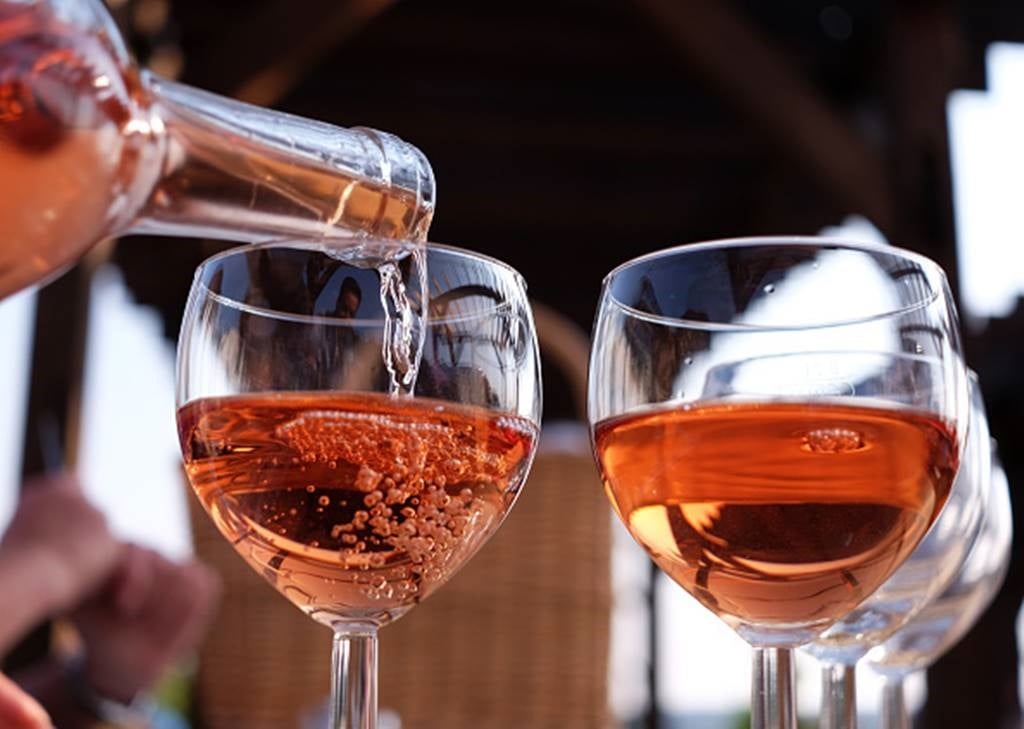


The wine industry could lose up to R7.5bn if the ban on alcohol sales continues for 6 to 8 weeks (Getty)
The wine industry could lose up to R7.5 billion if
- The wine industry could lose up to R7.5 billion if the ban on alcohol sales continue for six to eight weeks.
- Small and medium enterprises make up around 80% of the industry and many are struggling.
- The wine industry is sitting on a 300 million litre surplus.
The future of South Africa’s wine industry has been plunged into uncertainty as the alcohol ban continues to impact businesses that were beginning to recover from a decade-long decline.
The industry has been voicing its concerns about the impact of the ban on the sale of alcohol on businesses and the economy, following the government’s decision to re-institute it last week, citing an increase in alcohol-related trauma cases at hospitals.
South Africa’s Covid-19 cases are approaching 400 000 and the country now has the fifth-largest caseload in the world.
From crisis to disaster
On Wednesday, Rico Basson, managing director of Vinpro – which represents 2 500 wine producers – said the industry had moved from crisis to disaster.
- READ| Over R300 million lost every day alcohol was first prohibited
“We lost a third of the producers in the last 10 years; we saw a marginal business and then we had two years of drought, so we were just about coming into some recovery and now we deal with a pandemic,” Basson said at the Landbouweekblad and Distell’s Crisis Town Hall meeting on the fate of the wine industry.
He said the wine industry, including tourism, had lost about R5 billion in the year to date in local sales and exports as a result of the ban.
That number could climb to R7.5 billion if the ban continued for another six to eight weeks.
Basson added that alcohol producers have been losing about R300 million a week in local sales. The figure excludes input suppliers such as bottling and labelling companies, as well as brandy producers, who were also affected.
He estimated that thousands of jobs were at stake.
‘Blindingly obvious’
Basson was joined by Neva Makgetla, senior economist at the research institution Trade & Industrial Policy Strategies (TIPS).
While the industry questioned the reasoning behind the ban, Makgetla said the factors behind the ban were “blindingly obvious” following the sharp rise in Covid-19 cases in Gauteng, the Eastern Cape and KwaZulu-Natal, after the country introduced the Level 3 lockdown.
- READ| Tavern owners give Ramaphosa ultimatum over alcohol sales ban
“If the GDP falls by 7%, which is what is anticipated, there are going to be very heavy costs around, and I think we are in denial if we think we can get through this without very heavy costs,” she said.
Makgetla added that the discussion around alcohol needed to be more constructive to find better ways to deal with the issue without an outright ban.
“The fact is: cases are still going up quite rapidly, and if we can’t fix that, the economy will close down just because it is not sustainable to be continually dealing with infections,” she said.
She reminded attendees that due to high levels of economic inequality in South Africa, many people can’t avoid leaving their homes, and lifting the lockdown too soon could result in the virus spiralling out of control.
Other panelists included Distell CEO Richard Rushton, wine expert Michael Fridjhon, Aslina Wines director Ntsiki Biyela, and Rust and Vrede Wine Estate owner Jean Engelbrecht.
Most producers under threat
Rushton said the wine industry was sitting on a 300 million litre surplus and an impending harvest, which would add to the challenges the industry already faced.
- READ| Mboweni says he has not authorised state funds to bail out SAA, but may approach pension fund
Fridjhon told webinar attendees that South Africa could lose most of its wine producers over the next five years.
“Given that 50% of the growers were pretty marginal before Covid-19, you can safely assume that 90%-plus will not be in a position to survive,” Fridjohn said.
Small and medium enterprises make up most of South Africa’s 530 wineries, at 80%, but they have an average annual turnover of less than R10 million and many were struggling.
Fridjohn added that the government could be doing more to help.
“For the last 15 years, the government has dropped R70 billion to save SAA where there are 10 000 jobs at stake. We are watching at the moment a destruction of jobs on a scale that is comfortably 10 times that number,” he said.
The alcohol producers’ industry is continuing its conversations with the government in a bid to find a solution.

